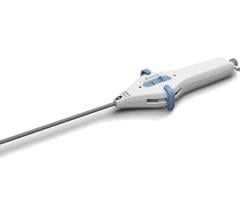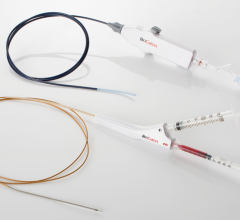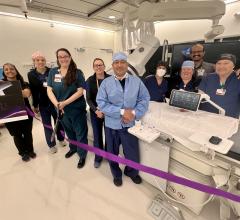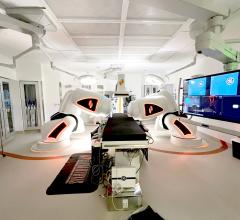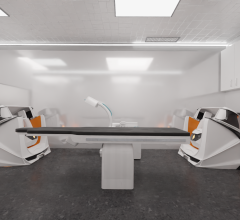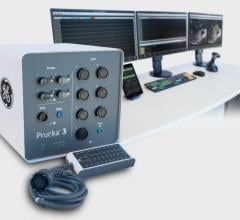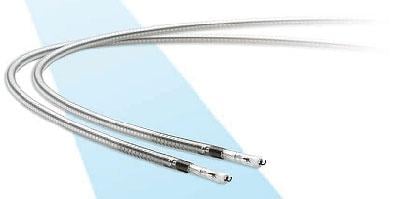
October 17, 2014 — Medtronic announced the U.S. Food and Drug Administration (FDA) approval of its CapSureFix Novus MRI SureScan 5076 Lead for use with magnetic resonance imaging (MRI). The lead is approved for MRI scans positioned on any region of the body when paired with a Medtronic dual-chamber MR-conditional pacemaker.
The 5076 lead, previously approved for use with Medtronic’s non-MR-conditional pacemakers, has been well received because of its handling and proven reliability, Medtronic said. Since its introduction more than 10 years ago, physicians have implanted more than 3 million 5076 leads in patients.
With the new FDA approval, two 5076 MRI leads can now be paired with dual-chamber Medtronic Advisa MRI or Revo MRI SureScan pacemakers, allowing patients with these complete SureScan pacing systems to undergo full-body MRI scans. Medtronic 5076 MRI lead lengths approved for these scans range in length from 35 to 85 cm. Patients who previously had two 5076 leads implanted with non-MRI pacemakers will have the option to receive MRIs if MR-conditional SureScan pacemakers are implanted when replacement devices are needed.
“The 5076 lead has proven to be one of the most reliable pacing leads for more than a decade, and due to extensive testing, now also can undergo MRI scans,” said Brian Urke, vice president and general manager of the bradycardia business at Medtronic. “This is especially important for patients who need MRIs and received 5076 leads at the time of their initial implants; although they may not have received MR-conditional pacemakers initially, they now have the option to get a pacemaker approved for MRI when they require a device change-out, making the entire system MR-conditional.”
Medtronic has spent more than 17 years studying the MRI environment, and was the first in the industry to introduce a pacemaker system specifically engineered for this purpose. Since its first MR-conditional pacing system was approved in Europe in 2008, Medtronic has continued to design and test its products for safe use during MRI scanning. Advances in computer modeling have allowed Medtronic to vigorously evaluate the 5076 lead across more than 2 million scanning scenarios. Medtronic also conducted the 5076 MRI Clinical Study, a global, multi-center, study to evaluate the safety and effectiveness of the 5076 lead in the MRI environment.
Worldwide, it is estimated that up to 75 percent of patients with implanted cardiac devices are expected to need an MRI scan during the lifetime of their devices. MRI is the standard of care in soft tissue imaging, providing information not seen with X-ray, ultrasound or computed tomography (CT) scan. MRI is therefore critical for the early detection, diagnosis and treatment of many diseases. Until recently, patients with implanted pacemakers were denied access to MRI procedures because the interaction can be harmful.
The 5076 MRI lead is the latest addition to a growing number of Medtronic devices that are approved for MRI access. These include the Medtronic SureScan pacing systems, the SureScan neurostimulation systems for the management of chronic pain, and the SynchroMed II programmable drug infusion system, which are available worldwide. Additionally, the Evera MRI SureScan implantable cardioverter defibrillator (ICD) system is investigational in the United States.
In collaboration with leading clinicians, researchers and scientists worldwide, Medtronic offers the broadest range of innovative medical technology for the interventional and surgical treatment of cardiovascular disease and cardiac arrhythmias. The company strives to offer products and services that deliver clinical and economic value to healthcare consumers and providers around the world.
For more information: www.medtronic.com

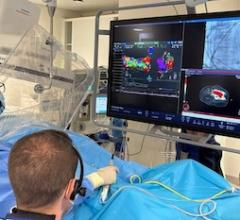
 January 29, 2026
January 29, 2026 



